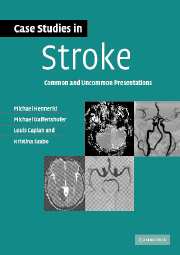Introduction
Published online by Cambridge University Press: 23 November 2009
Summary
It happened on April 13, 1737, as “the whole house vibrated from a dull thud … something huge and heavy must have crashed down on the upper floor.” The servant of the composer George Frederick Handel ran up the stairs to his master's workroom and found him “lying lifeless on the floor, eyes staring open …” Handel had come home from the rehearsal in a furious rage, his face bright red, his temples pulsating. He had slammed the house door and then stamped about, as the servant could hear, on the first floor back and forth so that the ceiling rebounded: it wasn't advisable, on such anger-filled days, to be casual in your service.
From the lower floor Christopher Smith, the master's assistant, went upstairs; he had also been shocked by the thud. He ran to fetch the doctor for the royal composer. “How old is he?” “Fifty-two,” answered Smith. “Terrible age, he had worked like an ox.” Dr. Jenkins bent deeply over him. “He is, however, strong as an ox. Now we will see what he can do.” He noticed that one eye, the right one, stared lifeless and the other one reacted. He tried to lift the right arm. It fell back lifeless. He then lifted the left one. The left one stayed in the new position. Now Dr. Jenkins knew enough. As he left the room, Smith followed him to the stairs, worried. “What is it?” “Apoplexia. The right side is paralysed.”
- Type
- Chapter
- Information
- Case Studies in StrokeCommon and Uncommon Presentations, pp. 1 - 12Publisher: Cambridge University PressPrint publication year: 2006



